#WASHINGTON — A #Soyuz #spacecraft is en route to the International Space Station, two days after a rare last-minute launch scrub.
A Soyuz-2.1a rocket lifted off from the Baikonur Cosmodrome at 8:36 a.m. Eastern March 23. It placed the Soyuz MS-25 spacecraft into orbit about nine minutes later.
Soyuz MS-25 is commanded by Roscosmos cosmonaut Oleg Novitskiy with NASA astronaut Tracy C. Dyson and Marina Vasilevskaya, a Belarusian spaceflight participant, also on board. The spacecraft is scheduled to dock with the station’s Prichal module at 11:09 a.m. Eastern March 25.
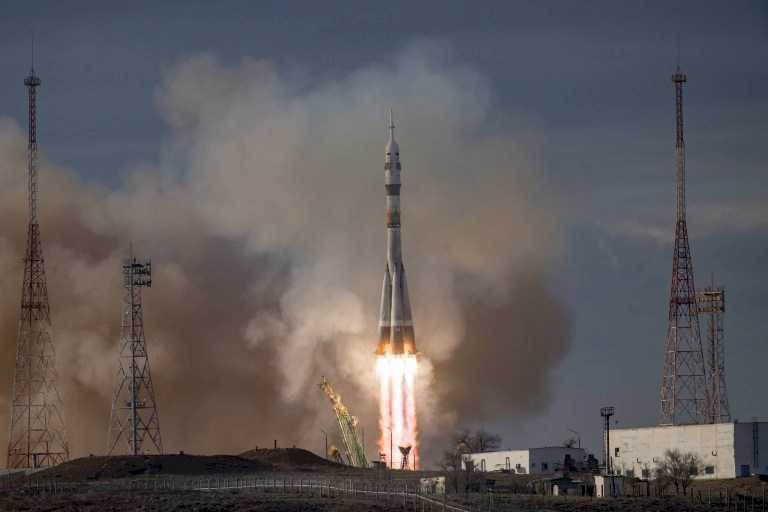

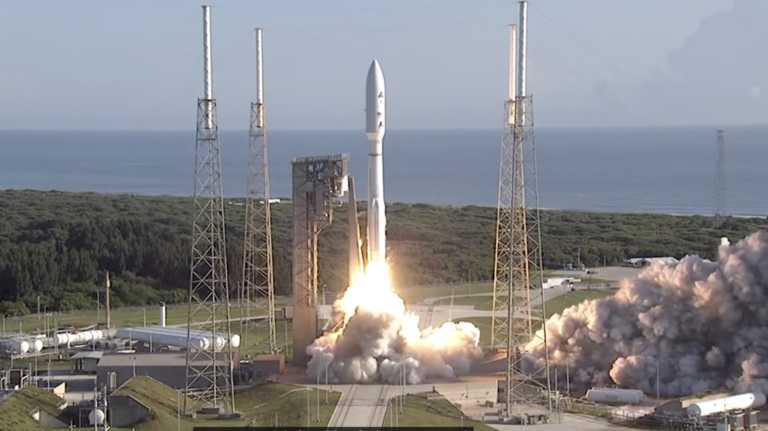





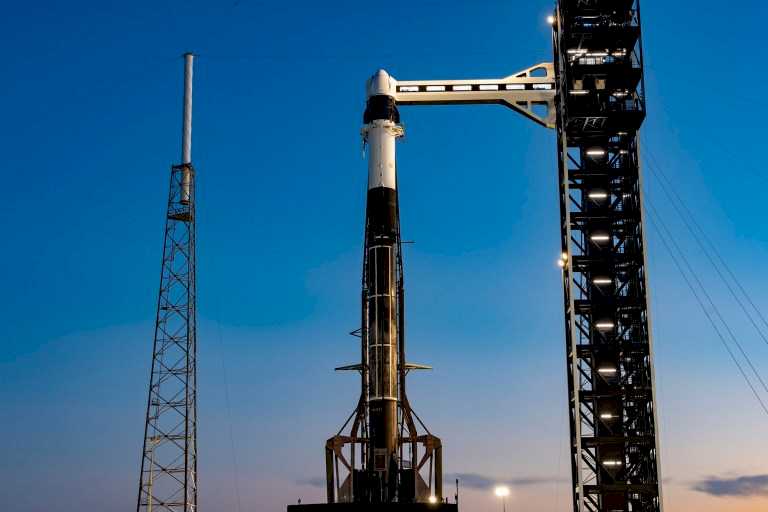
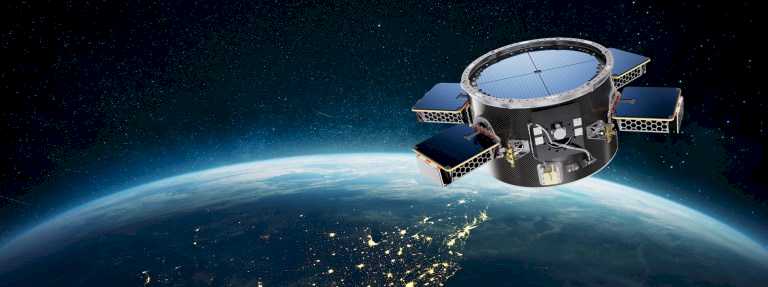
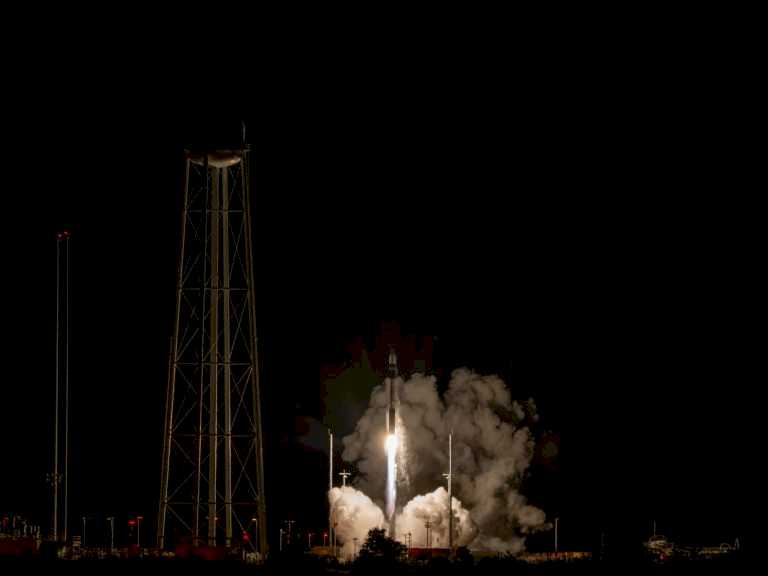

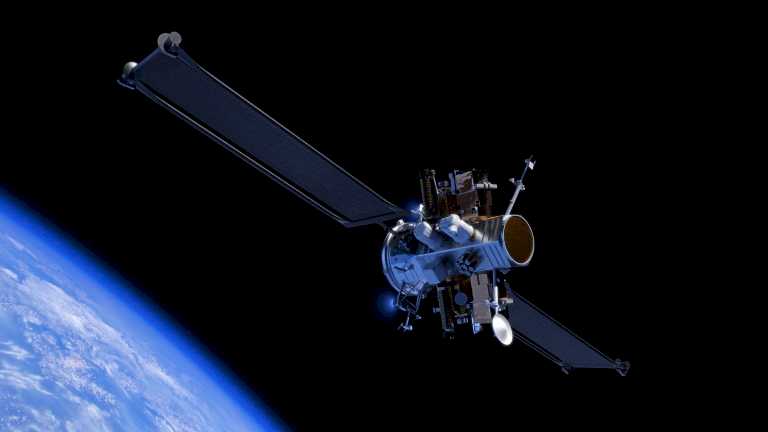


Space news on Umojja.com